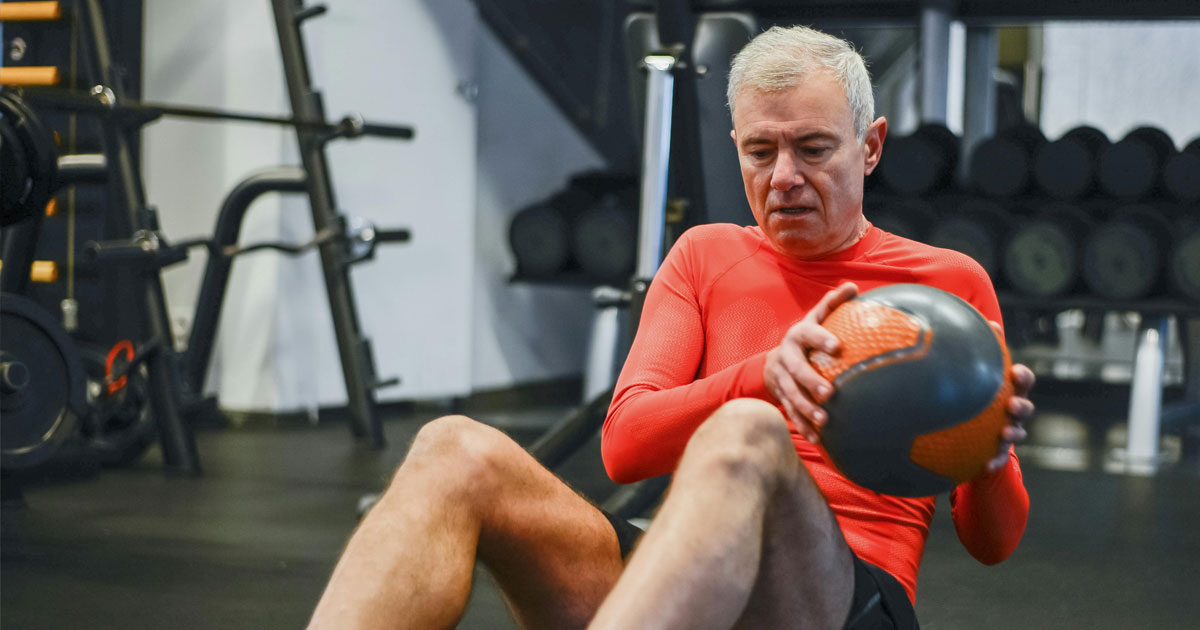
The Power of Exercise Physiology: Elevating Health and Wellness Through Evidence-Based Practice
By Luke Grima
Where the pursuit of optimal health and well-being has become increasingly important, Exercise Physiology has begun to stand out as a vital allied health service accessible to individuals. Whether you’re an active individual looking to enhance your athletic performance, recover from an injury, or maintain your overall health, exercise physiology offers an evidence-based approach to achieving these goals. In this blog post, we will explore the benefits of exercise physiology, who it is for, and when it can be implemented.
What is Exercise Physiology?
Exercise physiology is an allied health service that encompasses an understanding of cardiovascular, respiratory, muscular and nervous systems and how these interact with each other during exercise. Exercise Physiologists use evidence-based practice to design and implement exercise programs to promote health, prevent and manage chronic conditions, and enhance athletic performance. Exercise Physiologists assess, prescribe, and monitor exercise specific to the needs and goals of the individuals they are treating.
The Benefits of Exercise Physiology
1. Personalised Exercise Prescription
Exercise Physiology considers your health status, goal and physical capabilities to deliver an individualised service. This individualised is beneficial for individuals with pre-existing conditions such as cardiovascular disease, diabetes, or musculoskeletal issues. An exercise physiologist will design an evidence-based program that not only targets your fitness goals but aims to manage and reduce risks that are associated with your condition.
2. Injury Prevention and Rehabilitation
For active individuals and athletes, staying injury-free is crucial. Exercise physiology plays a vital role in both injury prevention and rehabilitation. By assessing movement patterns, analysing muscle imbalances and joint function, an exercise physiologist can identify potential areas of concern and develop strategies to help prevent injuries. In the case where an injury has already been sustained, an exercise physiologist can guide you through a structured rehabilitation program, designed to promote healing, restore function and gradually reintroduce the individual to regular exercise or sport. By focusing on the correct elements in their treatment, exercise physiologists can help reduce the likelihood of re-injury, allowing a return to activity with confidence.
3. Chronic Disease Management
Exercise is a powerful tool in managing chronic diseases. Conditions such as hypertension, type 2 diabetes, obesity, and arthritis can all be effectively managed through targeted exercise programs. For example, regular aerobic exercise and resistance training can improve insulin sensitivity in individuals with type 2 diabetes, helping to control blood sugar levels. An exercise physiologist will work closely with your healthcare team to ensure that your exercise program complements your medical treatment, helping you manage your condition more effectively.
4. Enhanced Athletic Performance
Through periodized training programs, which involve varying the intensity and volume of your workouts over time, exercise physiologists help optimize your physical capabilities and ensure that you peak at the right time for competitions. This strategic approach not only improves performance but also minimizes the risk of overtraining and burnout.
5. Mental Health Benefits
Exercise is well-known for its positive effects on mental health, and exercise physiology can maximize these benefits. Regular physical activity has been shown to reduce symptoms of anxiety and depression, improve mood, and boost cognitive function. Exercise Physiologists understand the psychological benefits of exercise and can incorporate strategies that promote mental well-being into your exercise plan.

Who Can Benefit from Exercise Physiology?
Exercise Physiology is not limited to elite athletes or those with medical conditions; it benefits anyone looking to improve their health and well-being. Here’s a closer look at who can benefit:
1. Active Individuals Seeking Improvement
If you're already active and looking to optimize your exercise routine, an exercise physiologist can help you achieve your goals more efficiently. Whether you're training for a marathon, improving your strength, or looking to prevent injuries, a personalized exercise program can make a significant difference.
2. Individuals with Chronic Conditions
Exercise physiology is particularly valuable for those managing chronic conditions. Whether you have cardiovascular disease, diabetes, arthritis, or any other long-term health condition, a tailored exercise program can help manage symptoms, improve quality of life, and reduce the need for medication.
3. Older Adults
As we age, maintaining physical function and independence becomes increasingly important. Exercise physiology offers older adults a way to stay active safely. Programs are designed to improve balance, strength, and flexibility, reducing the risk of falls and helping to maintain independence.
4. Those Recovering from Injury or Surgery
Post-injury or post-surgery rehabilitation is a critical phase of recovery. Exercise physiology provides a structured approach to regain strength, mobility, and function. An exercise physiologist will guide you through the rehabilitation process, ensuring that you progress safely and effectively.
Conclusion
Exercise Physiology is a powerful tool for anyone looking to enhance their health, manage a chronic condition, or improve athletic performance. By working with an exercise physiologist, you can benefit from a personalized, evidence-based exercise approach tailored to your specific needs and goals. Whether you’re aiming to prevent injury, recover from surgery, or simply stay active as you age, exercise physiology offers a pathway to optimal health and well-being.
If you think you would benefit from an assessment by an exercise physiologist, contact us or book online for an appointment today.